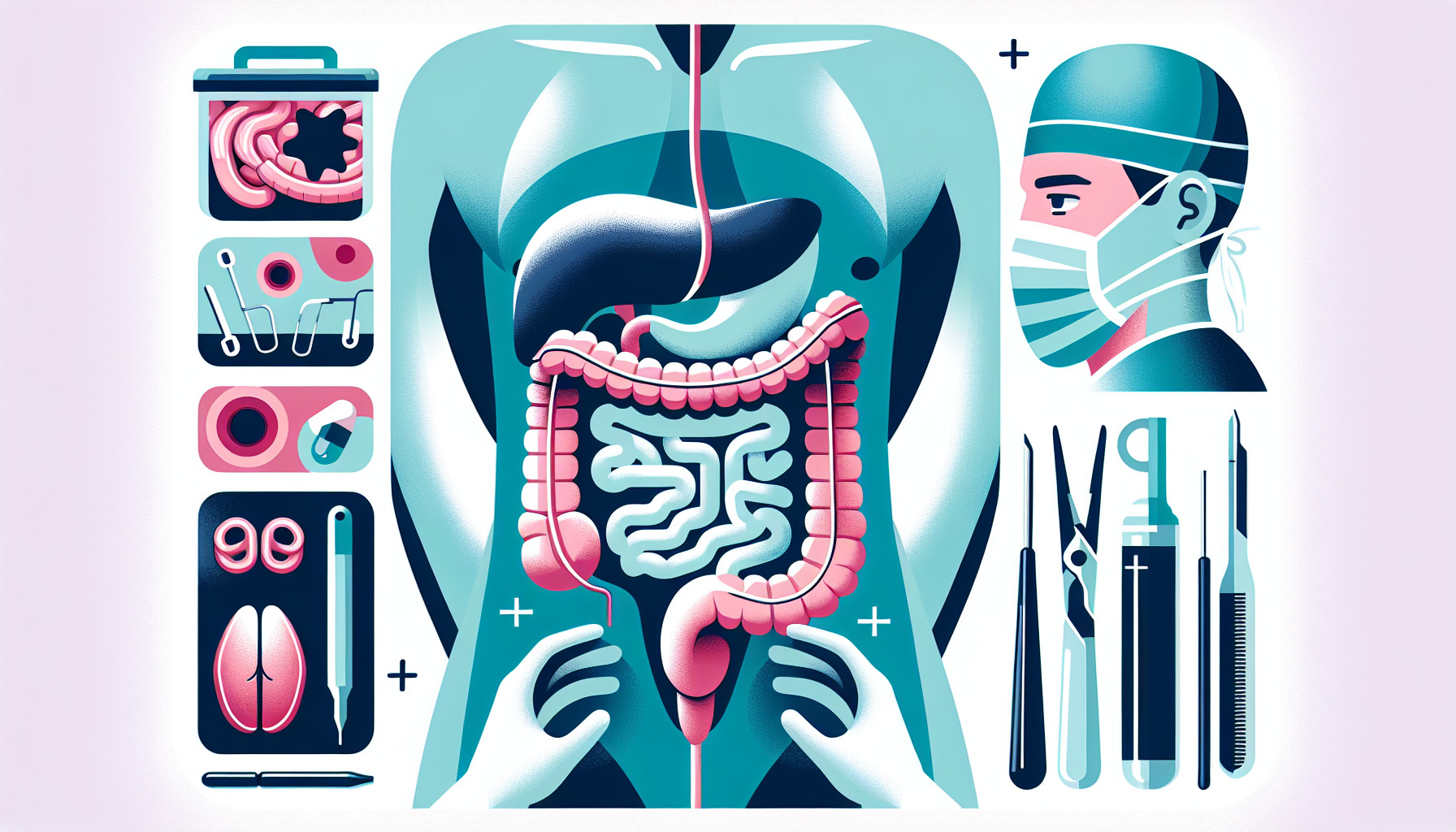Our Summary
Clostridium difficile is a bacterium that often causes diarrhea in patients in healthcare settings. This study tried to find what increases the chance of getting this infection in people who have received an intestinal transplant. The researchers compared 29 transplant recipients who developed this infection with 87 who did not. They found that those who took a certain medication called proton pump inhibitors had a lower chance of getting this infection. Other potential factors did not significantly affect the chances of getting the infection or the patient’s survival rate. The researchers suggest that the risk factors may be different in intestinal transplant recipients due to the changes in their body and the medications they take after the transplant.
FAQs
- What is Clostridium difficile and how does it affect patients in healthcare settings?
- What medication was found to lower the chance of getting Clostridium difficile infection in intestinal transplant recipients?
- Did the study find any other factors that significantly affect the chances of getting the infection or the patient’s survival rate after an intestinal transplant?
Doctor’s Tip
Therefore, it is important for intestinal transplant patients to be cautious with their medication use and consult with their healthcare provider before making any changes. Additionally, practicing good hygiene and following any specific guidelines provided by your healthcare team can help reduce the risk of infections post-transplant. Remember to always communicate openly with your healthcare team and follow their recommendations to ensure the best possible outcome after your intestinal transplant.
Suitable For
Patients who are typically recommended for intestinal transplant include those with severe intestinal failure, often due to conditions such as short bowel syndrome, inflammatory bowel disease, or intestinal ischemia. These patients may experience complications such as malnutrition, dehydration, and frequent infections.
In this study, the researchers specifically looked at intestinal transplant recipients who developed Clostridium difficile infection, a common complication in healthcare settings. Patients who have undergone intestinal transplant may be at increased risk for infections due to their compromised immune system and the use of immunosuppressive medications to prevent rejection of the transplanted organ.
Overall, intestinal transplant recipients require careful monitoring and management to prevent complications such as infections. Understanding the risk factors for specific infections, such as Clostridium difficile, can help healthcare providers better care for these patients and improve their outcomes.
Timeline
Before intestinal transplant:
- Patient is diagnosed with a severe gastrointestinal disease or disorder that has not responded to other treatments
- Patient undergoes extensive medical evaluations to determine if they are a candidate for intestinal transplant
- Patient is placed on a waiting list for a suitable donor organ
- Patient may experience complications and worsening symptoms while waiting for a transplant
After intestinal transplant:
- Patient undergoes surgery to receive the new intestine
- Patient is closely monitored in the hospital for signs of organ rejection and other complications
- Patient takes immunosuppressant medications to prevent rejection of the new organ
- Patient may experience side effects from the medications, including increased risk of infections such as Clostridium difficile
- Patient undergoes regular follow-up appointments and monitoring to ensure the success of the transplant
Overall, the timeline for a patient before and after intestinal transplant involves a lengthy and complex process of evaluation, surgery, recovery, and ongoing care to ensure the success of the transplant and the patient’s overall health and well-being.
What to Ask Your Doctor
- What are the potential risks and complications associated with an intestinal transplant?
- How will I be monitored for infections, such as Clostridium difficile, after the transplant?
- Are there any specific medications I should avoid or take to reduce the risk of infections post-transplant?
- What lifestyle changes should I make to support my immune system and overall health after the transplant?
- How often will I need follow-up appointments and tests to monitor my health and the success of the transplant?
- Are there any specific signs or symptoms I should watch for that may indicate a potential infection or complication post-transplant?
- How does the use of proton pump inhibitors affect the risk of infections in intestinal transplant recipients, and is it safe for me to continue taking this medication?
- What are the potential long-term effects of an intestinal transplant on my overall health and well-being?
- Are there any support groups or resources available for individuals who have undergone an intestinal transplant?
Reference
Authors: Guzman L, Qiu F, Kalil AC, Mercer DF, Langnas A, Florescu DF. Journal: Transpl Infect Dis. 2018 Apr;20(2):e12858. doi: 10.1111/tid.12858. Epub 2018 Mar 6. PMID: 29427406
